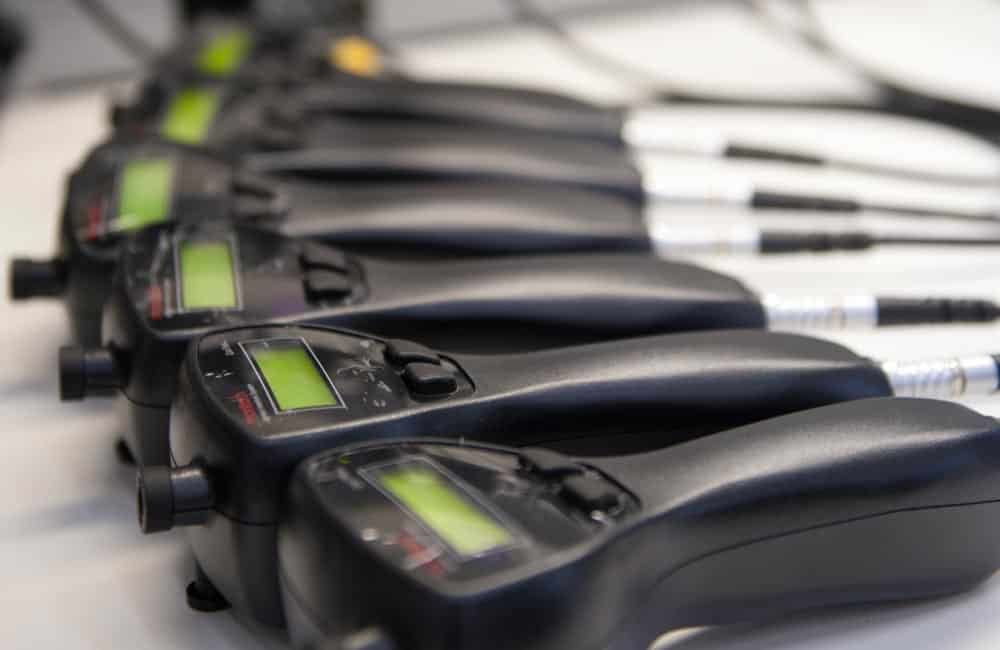Today’s post comes to us from Steve Oberman of the Tennessee-based Oberman & Rice firm. This post was first published in the DUI News Blog. Now it’s time to learn about the risks of driving after taking legally prescribed medication.
*****
I receive many calls from persons arrested for DUI due to the fact they’d been pulled after taking prescription drugs. These persons want to use as their defense that they were taking the dosage of medication prescribed by their physician. Today, prescription and over-the-counter drugs are a normal part of daily life for many people—many of whom are surprised to hear that taking a legally prescribed medication can still lead to a DUI conviction.
Many prescription and over-the-counter drugs may impair a person’s ability to operate a motor vehicle safely, especially if used in combination with other medications or alcohol. Accordingly, people must be particularly careful when driving after consuming their medication.
If a person is arrested for DUI while taking only legally prescribed medications, the legality of the prescription is not relevant to the DUI charge. How or why the defendant became impaired is not an element of the crime of DUI; the focus is on the fact that one was simply driving or in physical control of a motor vehicle while under the influence of an intoxicant or combination of intoxicants. The reason for impairment is irrelevant. The elements of the crime and the penalties for driving under the influence of legally prescribed drugs are the exact same as those for driving under the influence of alcohol or illegal intoxicants. A legal prescription is certainly relevant to prevent separate charges for the mere possession of drugs, but it is not a defense to the act of driving while impaired.
Moreover, a defense of being involuntarily intoxicated may not be available to a person who is impaired from legally prescribed medication. Being unaware of the side effects is not the same thing as being involuntarily intoxicated. Involuntary intoxication applies when a person unknowingly consumes an intoxicant. Similarly, if the prescription was obtained legally from a doctor and through a pharmacy, then the required, extensive warnings about possible side effects may negatively affect a claim of ignorance or mistake.
Nonetheless, defenses to driving under the influence of prescribed medication may exist. Not only may there be constitutional defenses, but also defenses relating to the type and dosage of medication. Always be careful about getting behind the wheel after you’ve taken prescription medication. If you do get hit with a DUI charge due to prescription medication make sure you find a lawyer who’s undergone extensive Drug Evaluation and Classification (DEC) training. Be smart; be prepared.

 Ignition Interlock Costs Part 2
Ignition Interlock Costs Part 2